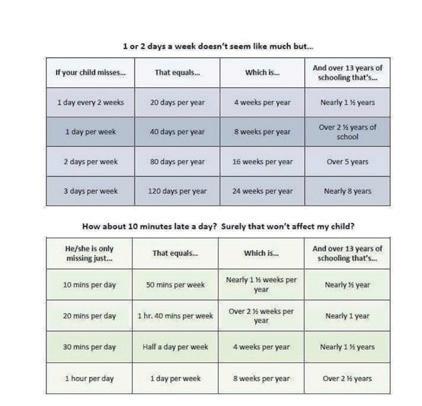
2 minute read
From the Head of Curriculum
From the Head of Pastoral Mr Hilton Hardman
Student Mentors This will be the third year running our exciting Student Mentorship Program. Nominations took place at the beginning of this year, where students across Years 10 to 12 could self-nominate as Mentors. These students have completed their training program designed to develop skills of supporting others while understanding their personal boundaries.
Advertisement
Kate van Olden, Riley Watson, Eliza Webb, Chantelle Wellsted, Hugo Wong
Mentors will provide an approachable and non-threatening alternative for students who need support with any concerns or personal issues. They will have fortnightly group sessions run by the Head of Pastoral to debrief and provide ongoing guidance and support. This aspect of the program is predicated on the knowledge that students are often more likely to speak to a trusted peer than to an adult. Not only will our Mentors be a support for their peers, but they will also learn incredible life skills through being part of the program.
The first project for this group will be the promotion of National Day of Action Against Bullying in week 8.
5 Edition 2 2020 It gives me great pleasure to announce this year’s Student Mentors: Alice Conroy, Brianna Goss, Jess Green, Meghan Green, Daniel Greenaway, Ali Griffin, Eliza Griffin, Jordan Higginson Sofia Pascall, Maddi Phillips, Marvel Sukadis, Ella Tiley,
Attendance and Student Outcomes Last week the Heads of House did their first-round of checks and contacted parents of students who have below 90% attendance to date.
Research confirms a strong link between attendance and student outcomes. While some student absences are unavoidable and understandable due to illness or enforced through school disciplinary absences, many are not. These could be unexplained or unauthorised absences. Poor school attendance can be linked to many related short and long-term adverse outcomes for students such as; lower academic outcomes, early school leaving, substance use, unemployment, and negative health outcomes. However, these factors may be interrelated in complex ways, and factors that lead to low levels of attendance may also independently lead to some of these adverse outcomes. A student’s regular absence from school may be a critical indicator in disengagement, leading directly to some of these adverse outcomes. Regardless of the nature of the relationship, poor school attendance, particularly with a high number of unexplained or unauthorised absences, is a readily observable warning sign for potential longer-term adverse outcomes.
In saying the above, parents can expect contact from PCG Tutors for unexplained absences or Head of House for low attendance rates. Below is an overview of the overall impact of the accumulation of days absent or days late during a students school life.








